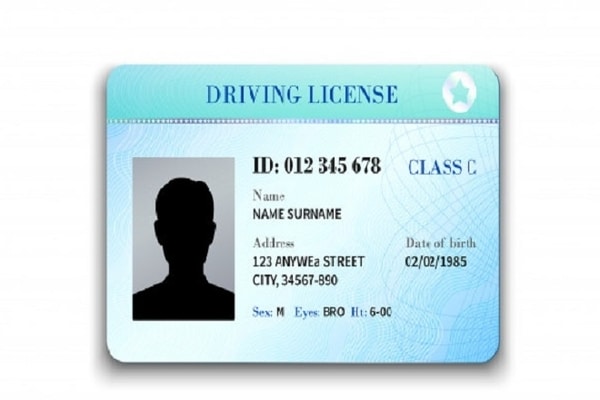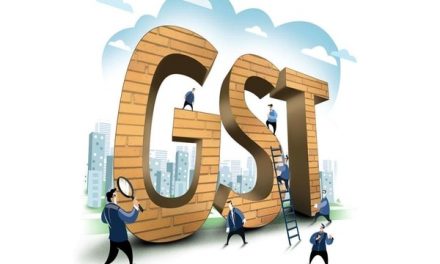B2B exempted using only BHIM: The finance ministry on Wednesday exempted companies with a turnover of over ₹50 crores and involved in only B2B transactions from the requirement of accepting payments only by electronic modes like RuPay or BHIM-UPI.
The relaxation has been issued for B2B companies, “If at least 95% of the aggregate of all amounts received during the previous year, including the amount received for sales, turnover or gross receipts, are by any mode other than cash,” the Board said in a circular dated May 20.
“It is clarified that the provisions of Section 269SU of the Act shall not be applicable to a specified person having only B2B transactions (i.e. no transaction with retail customer/consumer) if at least 95% of the aggregate of all amounts received during the previous year, including the amount received for sales, turnover or gross receipts, are by any mode other than cash,” the CBDT said in a circular.
The clarification came in response to representations stating that the requirement of a mandatory facility for payments through the prescribed electronic modes was not applicable to B2B businesses since they don’t deal with customers directly.
Further, the prescribed electronic modes have a maximum payment limit per transaction, or per day they are not so relevant to B2B as they receive large payments through other electronic modes.
Till now, companies that had little or no retail customer or B2C transactions were still mandated to install e-payment facilities or pay a penalty of Rs 5,000 per day. With the clarification, the additional cost element has been removed, experts said.
“This is a much-awaited circular… This is another instance which shows that government is responsive to needs and concerns of taxpayers as well as flexible to amend rules to remove genuine hardships of taxpayers,” said Shailesh Kumar, Director, Nangia Andersen Consulting.
“This is another instance that shows the government is responsive to needs and concerns of taxpayers as well as flexible to amend rules to remove genuine hardships of taxpayers,” Kumar added.












